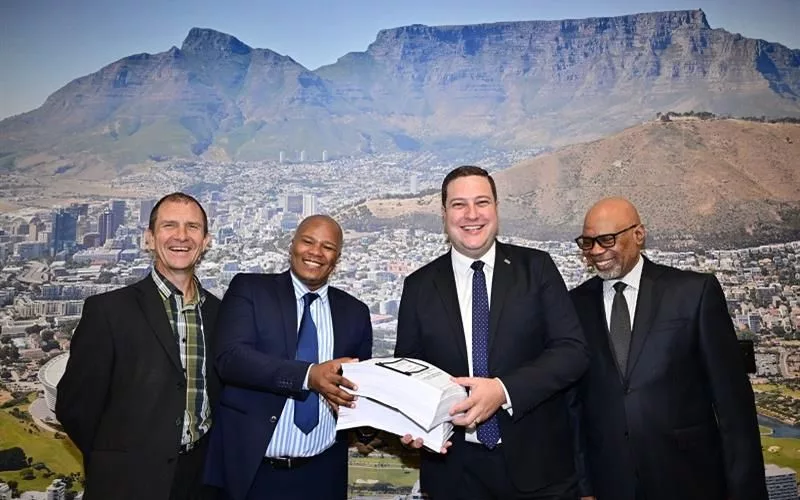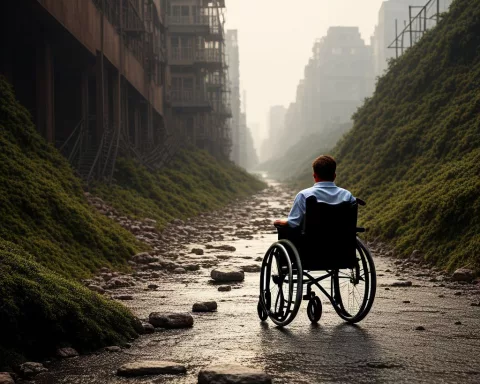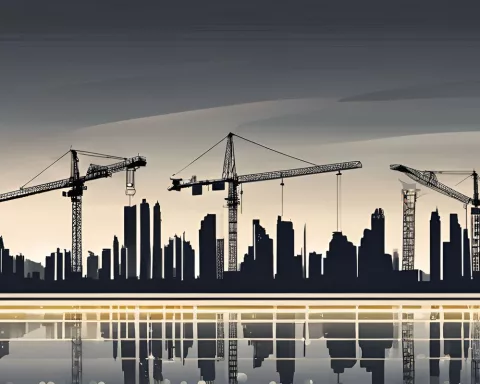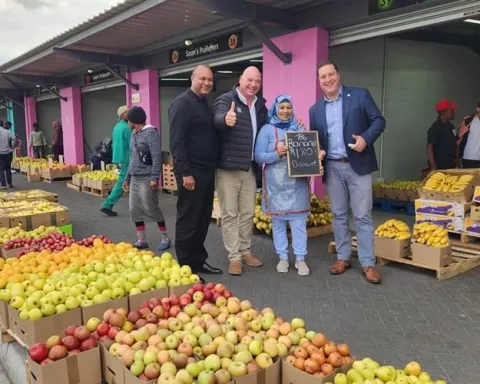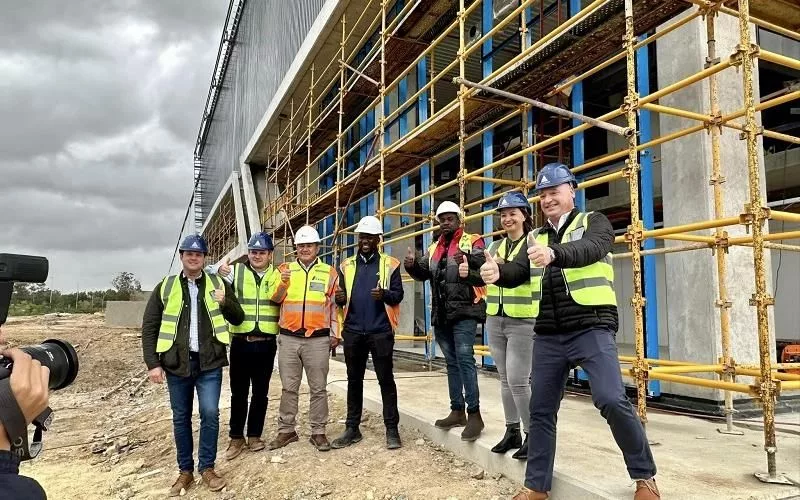The ‘Building for Jobs’ budget in Cape Town is a transformative fiscal strategy focused on infrastructure and job creation, with a record R76.4bn allocated for the financial year 2024/25 and R12.1bn earmarked for infrastructure. The budget is expected to create 130,000 jobs over the next three years and is committed to social inclusion and green energy. It also reflects the city’s dedication to social welfare, green energy, and safety measures. This innovative budget represents a pivotal juncture for Cape Town, driven by a vision of a wealthier, fairer, and more inclusive future.
What is the ‘Building for Jobs’ budget in Cape Town?
The ‘Building for Jobs’ budget in Cape Town is an innovative fiscal strategy focusing on infrastructure and job creation. It channels a record R76.4bn into the financial year 2024/25 with R12.1bn earmarked for infrastructure. The budget is expected to create 130,000 jobs over the next three years and is committed to social inclusion and green energy. This budget represents a transformative era for Cape Town, driven by a vision of a wealthier, fairer, and more inclusive future.
Setting a New Standard
A momentous day in Cape Town’s history was 27 March 2024 when Mayor Geordin Hill-Lewis presented an innovative fiscal strategy. The focus was on infrastructure and job-creation in this ambitious plan known as the ‘Building for Jobs‘ budget. It is set to channel a record R76.4bn into the financial year 2024/25. The city’s history has no precedent for the remarkable R12.1bn earmarked for infrastructure. This is indeed a pivotal juncture for Cape Town.
The approach guiding this budget is simple yet has significant implications: when Cape Town thrives, so do its residents. The infrastructural spending, estimated at a staggering R120bn over the next ten years, isn’t solely about physical development. It’s actually the backbone of the city’s economy – job creation. Over the next three years, an investment of R39.7bn in infrastructure by Cape Town is expected to create 130,000 jobs. This projection shows the close link between infrastructure growth and job expansion.
The economic momentum generated by this budget is already noticeable. Since Mayor Hill-Lewis took office in November 2021, Cape Town has seen a surge of 363,000 new job opportunities, according to StatsSA. The thriving economy, characterized by the rapid hiring in factories, expansion of call centres, and burgeoning entrepreneurship, attests to the city’s sturdy and resilient growth.
A Commitment to Social Inclusion
However, this budget is more than just a means to economic growth. It also reflects the city’s dedication to social integration. An impressive 75% of the budget is allocated for the benefit of lower-income households. This allocation underscores the city’s efforts to promote inclusivity and fairness. The projects funded by this portion of the budget aim to gradually eliminate the remaining traces of the city’s divided past. They include upgrading sewer and treatment works, expanding public transportation services, providing affordable housing, and beefing up law enforcement in high crime areas.
In addition to this, the budget has set aside a R4.8bn social package, further solidifying its commitment to social welfare. This package comprises of R2.2bn in rate rebates and R2.6bn in indigent relief. In practical terms, properties valued below R450,000 or households earning less than R7,500 will receive rebates on property rates and garbage collection. They will also receive free water, sanitation, and electricity supplies.
Embracing Green Energy and Safety Measures
In an era where green energy is non-negotiable, Cape Town’s budget has not neglected this vital aspect. The city has allocated R480m for the current year to guard against four stages of load-shedding by 2026. This includes upgrading the city’s electrical grid to cope with the demands of a decentralized energy future, and investing in making municipal buildings more energy-efficient.
Safety and crime, significant issues in any city, are tackled with a R5.5bn investment. This includes hiring new metro police officers, investing in CCTV cameras, aerial surveillance, drones, and gunshot detection technology. The security plan is all-encompassing, aiming to reduce crime and make the city safer for its inhabitants.
The budget also allocates funds for public transport, road maintenance, community facility improvements, and informal settlement upgrades. This demonstrates the city’s holistic approach to urban development.
The Bright Future Ahead
With the formation of this ambitious ‘Building for Jobs’ budget, Cape Town is poised to become a beacon of hope in South Africa with job-generating economic growth. It stands as a testament to the city’s vision of a wealthier, fairer, and more inclusive future. Cape Town is on the brink of a transformative era, driven by a budget that delivers more than just numbers.
- What is the total amount allocated for the ‘Building for Jobs’ budget in Cape Town?
The ‘Building for Jobs’ budget in Cape Town has a record R76.4bn allocated for the financial year 2024/25, with R12.1bn earmarked for infrastructure.
- How many jobs is the budget expected to create in the next three years?
The ‘Building for Jobs’ budget in Cape Town is expected to create 130,000 jobs over the next three years.
- What is the focus of the ‘Building for Jobs’ budget in Cape Town?
The ‘Building for Jobs’ budget in Cape Town focuses on infrastructure and job creation, with the aim of promoting economic growth and social integration.
- What proportion of the ‘Building for Jobs’ budget is allocated for lower-income households?
An impressive 75% of the ‘Building for Jobs’ budget in Cape Town is allocated for the benefit of lower-income households, reflecting the city’s commitment to inclusivity and fairness.
- What measures are being taken to embrace green energy in Cape Town’s budget?
Cape Town’s budget has allocated R480m for the current year to guard against four stages of load-shedding by 2026. This includes upgrading the city’s electrical grid to cope with the demands of a decentralized energy future and investing in making municipal buildings more energy-efficient.
- What is the goal of Cape Town’s investment in safety measures?
Cape Town’s investment in safety measures aims to reduce crime and make the city safer for its inhabitants. It includes hiring new metro police officers, investing in CCTV cameras, aerial surveillance, drones, and gunshot detection technology.

